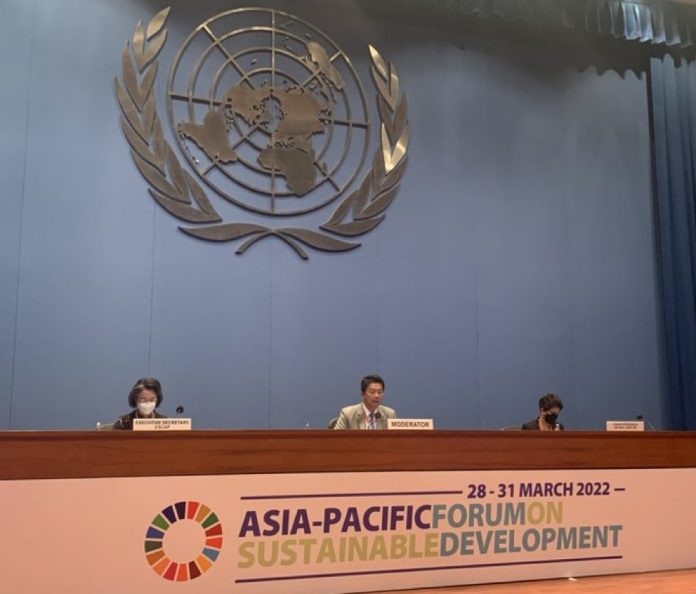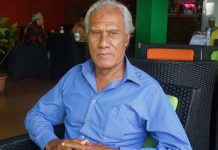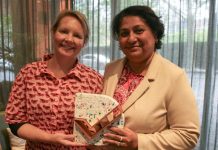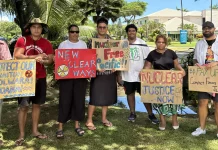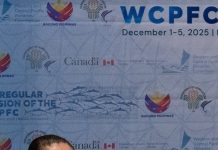An uneven post-pandemic economic recovery is threatening to widen inequalities and intensify the social and economic impacts of the COVID-19 pandemic across Asia and the Pacific, threatening decades of progress, said a new report released on Monday.
The Asia-Pacific region is showing signs of a “K-shaped recovery”, according to the report, typically marked by a divergence of economic and social outcomes that risks leaving the poorest and most vulnerable population groups worse off.
The report Building Forward Together: Towards an Inclusive and Resilient Asia and the Pacific observes that the pandemic has resulted in a global decline in human development for the first time in 30 years, and a rise in extreme poverty in Asia and the Pacific for the first time in two decades.
Jointly published by the UN Economic and Social Commission for Asia and the Pacific, Asian Development Bank (ADB), and United Nations Development Programme, the report examines how the COVID-19 pandemic and the policy responses it elicited have fared in securing progress towards the Sustainable Development Goals (SDG).
The report notes that the outcomes of recovery efforts in Asia and the Pacific have been shaped by access to COVID-19 vaccination, diagnostics and therapeutics, as well as the effectiveness of social protection coverage systems.
Vaccine access has emerged as one of the principal faultlines between countries where economic activity is rebounding and those that face rising deaths, mounting hospitalizations, health costs, and economic disruption, the report says.
“The COVID-19 pandemic has laid bare the fragilities embedded in the interconnectedness between our global economy, social structures and ecosystems,” said Kanni Wignaraja, Asia-Pacific Director for the United Nations Development Programme.
“Bolder regional cooperation and provisioning of global public goods are indispensable to amplify national pandemic responses and avoid a skewed or partial recovery. To make recovery less skewed, we need to pursue the twin goals of inclusion and sustainability,” Wignarja added.
The report calls on governments in the region to raise the ambition of their national recovery strategies, aligning them with the Sustainable Development Goals, and focusing strongly on inclusion, empowerment, and environmental sustainability.
According to the report, the economic impacts of the pandemic may have pushed nearly 90 million people into extreme poverty (those living on less than US$1.90 per day), and more than 150 million and 170 million people are under the US$3.20 and US$5.50 poverty lines, respectively.
The report stresses the need for a stronger focus on green recovery. It highlights key elements of a policy agenda aimed at putting countries on a path to longer-term recovery that is inclusive, resilient and aligned with the 2030 Agenda for Sustainable Development.
Read the full report here: https://www.undp.org/publications/building-forward-together-towards-inclusive-and-resilient-asia-and-pacific
Mahtab Haider | UNDP Asia Pacific Communications Specialist | Mahtab.Haider@undp.org
SOURCE: UNDP/PACNEWS






